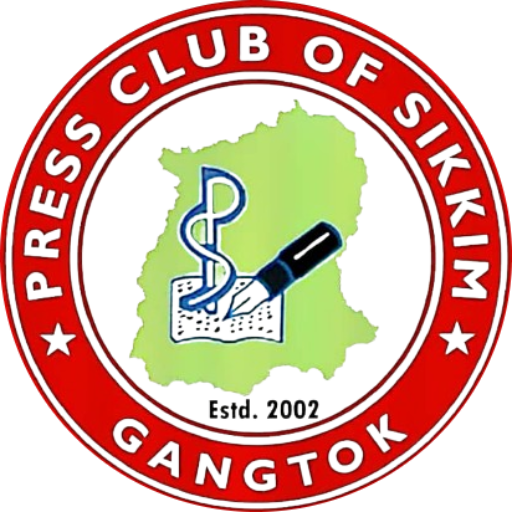A functional alcoholic is one of the most difficult types of alcoholics to spot as they do not fit many of these stereotypes. This can cause individuals to be in denial regarding their addiction. These individuals often have stable jobs, families, and are successful. It is not unusual for individuals in this subtype to also suffer from anxiety problems, major depression, bipolar disorder, and other substance addictions. For someone who has alcohol use disorder, though, stopping drinking isn’t easy.
- Dove Recovery can help ensure that your treatment and recovery occur in a controlled, safe manner.
- The 20 Questions for Alcoholics serve as a powerful self-assessment tool to help individuals reflect on their relationship with alcohol.
- It is our hope that with increased awareness, more and more people will get help with their alcohol problems.
- Chronic severe alcoholics drink more often than the other subtypes but do not drink as much as the young antisocial subtype.
Am I An Alcoholic?
- The medical and counseling staff at Valley Hope can provide a professional diagnosis and, if a problem is discovered, recommendations for treatment.
- There may be major barriers to your recovery including the denial that there’s a problem, social stigma, having limited help, and lack of education.
- It’s easy to dismiss the idea of alcoholism if you don’t align with the stereotypical portrayal.
Alcohol dependency is characterized by a physiological dependence on alcohol, an inability to control one’s drinking, and negative effects on one’s physical and/or social well-being. If you have decided that you do have a drinking problem and you want to do something about it, there Am I an Alcoholic is a world of help available. The first step should be to contact your healthcare provider and be totally honest about your use of alcohol. Quitting alcohol suddenly can result in alcohol withdrawal symptoms that can range from mild to life-threatening.

What is the Difference between Problem Drinking and Alcoholism?
Individuals experiencing AUD may benefit from connecting with a mental health professional. In this article, we will examine the signs and symptoms of excessive drinking and explore treatment options. There are various treatment programs that can help you address alcohol use disorder (commonly referred to as alcohol addiction or alcoholism) in a supportive environment.
What is an Outpatient Alcohol Rehab Program?
Young antisocial alcoholics are almost entirely male, with only 25% being female. Consuming alcohol occasionally or even on a nightly basis does not automatically mean someone is an alcoholic. Other factors, such as how much someone is drinking and the reasons behind their alcohol use, are better indicators of a potential alcohol use disorder.

Seeking Help for Alcohol Addiction
Answer the below questions honestly based on the past 12 months of alcohol consumption. Remember that prevention strategies are an ongoing process, not a single action. Regularly reassessing your relationship with alcohol can help you identify warning signs early.

Support groups can be effective because they help individuals build connections with others who are experiencing similar challenges. Alcohol Addiction Center is a free, web-based resource helping to bring education and information to the Halfway house world of alcohol addiction. It is our hope that with increased awareness, more and more people will get help with their alcohol problems. When problem drinkers or drug users begin to have questions about their use and whether or not they have a problem, it’s easy to find a self-assessment test online or from an addiction counselor. It’s also possible to use the tests to evaluate the observed behavior of a family member or other loved one.
Alcohol use disorder can affect your relationships, career and long-term health, so addressing it early can lead to better outcomes. A health professional can help tailor a plan that aligns with your specific needs, including addressing any co-occurring mental health disorders. Awareness of these risk factors is key, especially if you already experience some red flags. Lifestyle changes, mental health support and open communication with healthcare professionals can help manage or mitigate these risks. Alcohol abuse occurs when a person drinks excessively, leading to harmful consequences for their health, relationships, and daily responsibilities. It often involves a pattern of drinking that disrupts one’s ability to manage work, family, or social obligations.
Question Alcohol Addiction Quiz: Am I an Alcoholic?
Hospitals and the medical/psychiatric communities have a variety of legitimate assessment tools but ultimately the alcoholic must accept the fact that they are alcoholic. The following 20 questions are by no means scientific, but if you are wondering if you are an alcoholic or potential alcoholic, feel free to take the quiz. However, the very manipulative and relapsing nature of alcoholism (or AUD) means that this is rarely the answer you’ll allow yourself. Your honesty really does get pushed to the back of the queue when it comes to alcohol abuse.
People with mild alcoholism will likely benefit from interventions such as counseling, behavioral therapy and 12-step support groups. The DSM-5 standards for diagnosing alcohol use disorder encompass the seven warning signs discussed. However, the signs and symptoms of alcohol use disorder can present themselves in other ways. Dove Recovery can help ensure that your treatment and recovery occur in a controlled, safe manner. One of the ways this is done is by a carefully monitored cessation of alcohol to control the symptoms of alcohol withdrawal.
Detecting the symptoms early can help lead to intervention and establishing a treatment plan. When it comes to substance use disorders, the sooner you can get treatment, the better. Someone who consistently drinks high levels of alcohol then suddenly stops or dramatically decreases their alcohol consumption in a short period of time may experience any number of withdrawal symptoms. People who suffer from alcohol use disorder may find themselves continuing to drink persistently and in excess despite recognizing the consequences of their alcohol consumption. Self-assessments can be helpful for spotting the signs of a problem, but consider talking to your healthcare provider if you are concerned about your alcohol consumption. They can make an official diagnosis and provide further advice and treatment recommendations.

